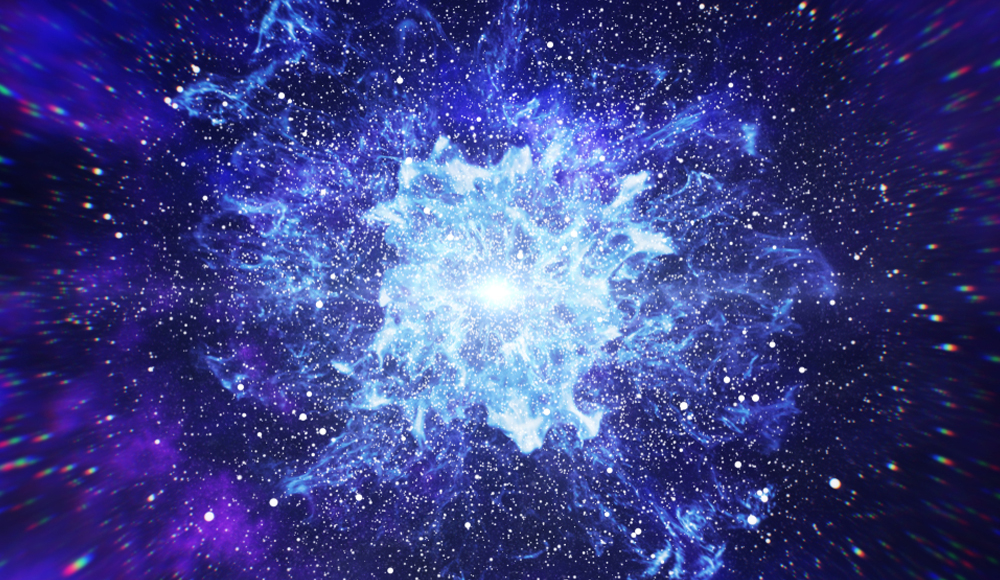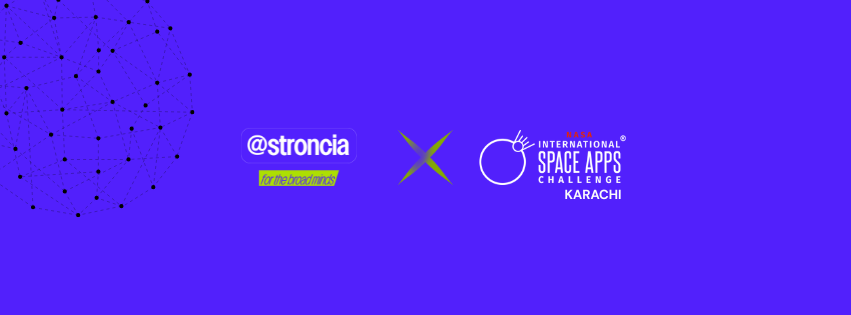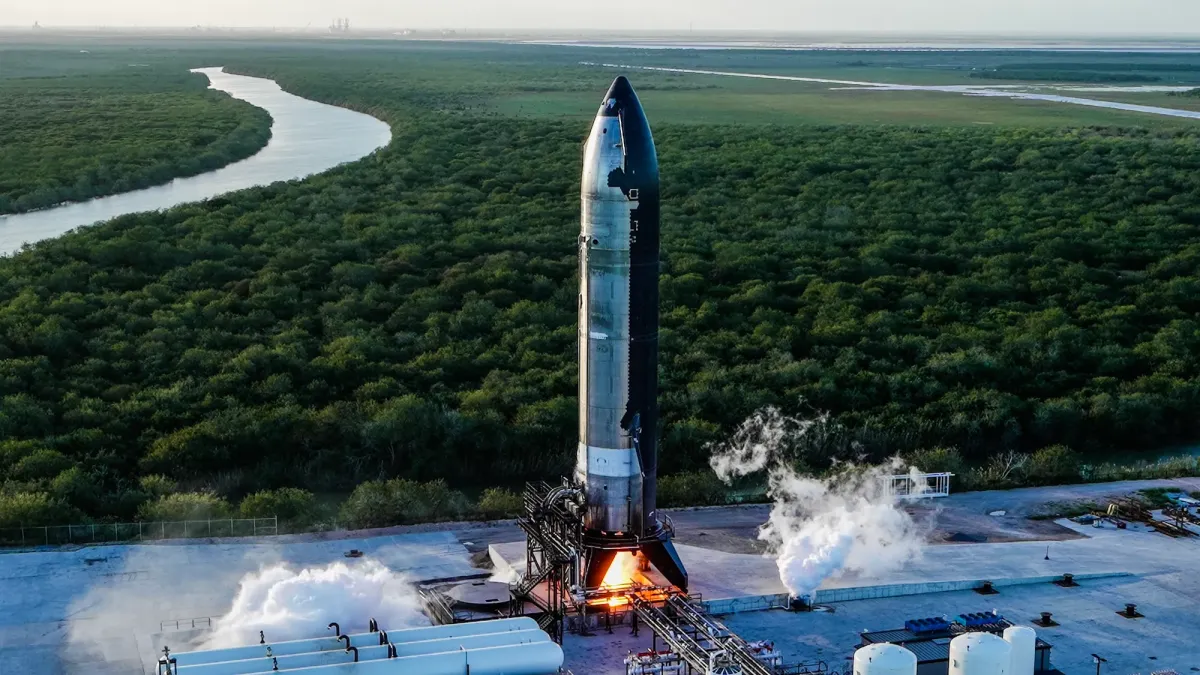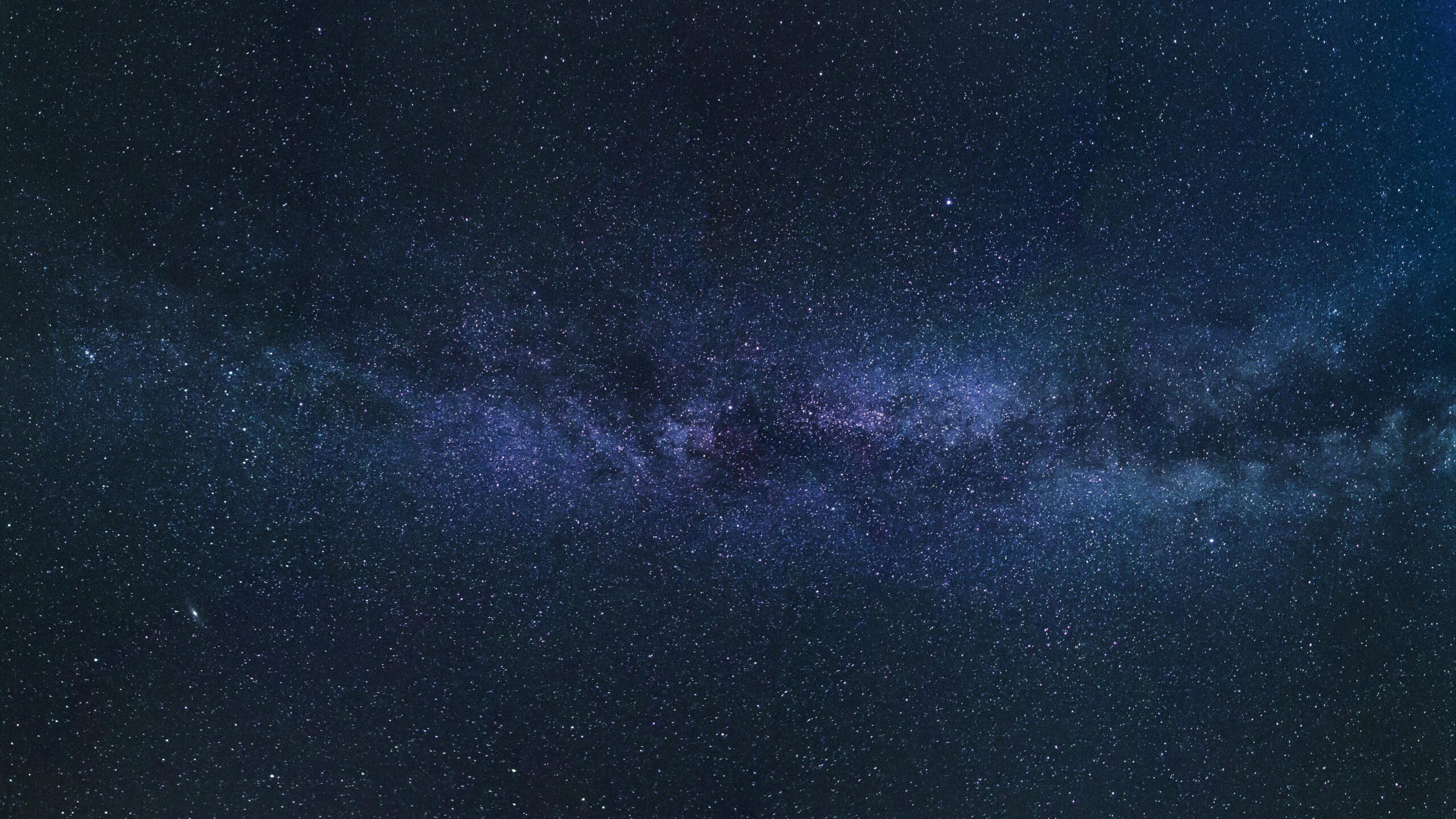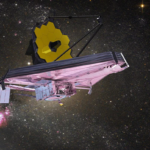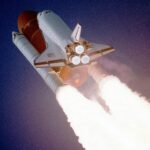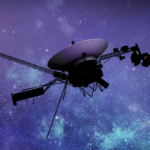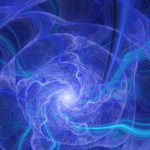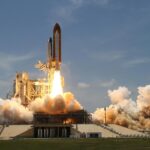Now Reading: Exploring the Mysterious Link Between Consciousness and Space Exploration
-
01
Exploring the Mysterious Link Between Consciousness and Space Exploration
Exploring the Mysterious Link Between Consciousness and Space Exploration
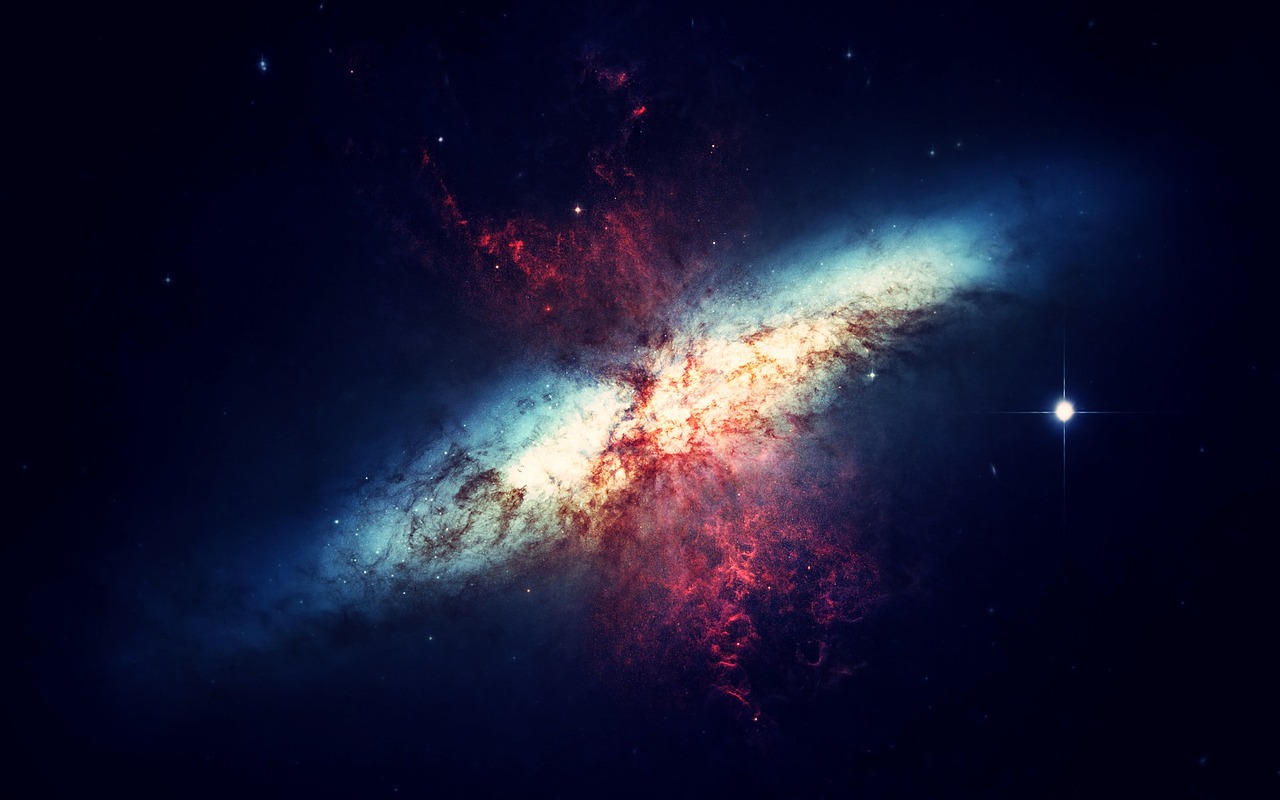
What is Consciousness? And Why Does it Matter for Space Science?
Consciousness is our awareness of ourselves and the world around us, but its connection to the cosmos could be more profound than we initially thought. As humans venture into space, the interaction between our minds and the vast, unknown universe raises new questions. Could the isolation of space travel have an impact on consciousness? And could space itself hold the answers to some of the greatest mysteries of the mind?
While consciousness in a scientific context is often linked to brain activity, space exploration may soon show us that it could also be influenced by the environment beyond Earth. Astronauts have reported profound changes in their state of mind during long-duration space flights, suggesting that the unique conditions of space could offer a new perspective on the nature of human consciousness.
The Brain in Space: How the Environment Affects Consciousness
In the vacuum of space, the brain experiences weightlessness, and this has tangible effects on consciousness. Studies of astronauts show that being in a microgravity environment can alter cognitive function, perception, and even emotional states. As humans travel to distant planets, understanding how space alters consciousness could be crucial for long-term missions to Mars and beyond.
In fact, the isolation of space may offer a rare opportunity to study human consciousness in ways we can’t replicate on Earth. The experience of “space sickness,” or the disorientation astronauts feel in the absence of gravity, could be one of the first signs of how the brain adapts to this alien environment. Understanding these changes can provide valuable insights into the limits of consciousness and how our minds adjust to unfamiliar conditions.
Quantum Consciousness and the Cosmos: Is the Universe Aware?
Space science has long been a domain where the line between theory and reality blurs, and this is also true for theories of consciousness. Some researchers have proposed that the vast, empty stretches of space may themselves possess a form of “cosmic consciousness.” Could the universe, like the brain, be an intricate system of information processing?
Quantum consciousness theories, such as those proposed by physicists like Roger Penrose and Stuart Hameroff, suggest that consciousness might not be merely the result of neural networks but could be a quantum phenomenon that links our brains with the universe. Could the vastness of space, where quantum phenomena like entanglement and superposition occur on a cosmic scale hold the key to understanding human awareness?
Space and the Search for Consciousness Beyond Earth
As we look to the stars, many scientists wonder: Are we the only conscious beings in the universe? With the discovery of exoplanets in the habitable zone of distant stars, the possibility of life beyond Earth becomes more likely. If life exists elsewhere, what form of consciousness might it possess? Would extraterrestrial beings experience reality the same way we do, or would their awareness of the universe be entirely different?
Astrobiologists are now using the concept of “panpsychism” to explore these questions. The idea is that consciousness could be a universal property of nature, present even in distant stars and galaxies. Perhaps the consciousness we experience on Earth is just one variation of a much larger cosmic phenomenon.

Consciousness in Altered States: The Role of Space and Psychedelics
Astronauts in space are often required to endure isolation and stress, which can lead to altered states of consciousness. Some astronauts have reported profound spiritual experiences while in space, where the vastness of the universe has triggered deep reflections on life and existence. Could space itself provide a type of “psychedelic” experience that alters our perception of reality?
Interestingly, recent studies suggest that psychedelics, which are known to alter consciousness by affecting the brain’s default mode network, might offer insights into the nature of the mind in space. When combined with the isolation and alien environment of space, could psychedelics offer a way to explore consciousness beyond Earth’s atmosphere? These unusual experiences in space may not only shed light on the mind but also on the connection between human consciousness and the cosmos
The Final Frontier of Consciousness: A Cosmic Journey Ahead
The journey to understand human consciousness is far from complete, but space science is offering us new avenues for exploration. Whether it’s the impact of space travel on the mind, the potential for cosmic consciousness, or the role of altered states, space is pushing the boundaries of how we understand the brain and our awareness of the universe.
As we continue to explore the stars and push the limits of human knowledge, it’s clear that space will play an important role in unlocking the mysteries of consciousness. One thing is certain: the more we explore the cosmos, the more we will learn about the most complex and mysterious aspect of existence our own minds.












